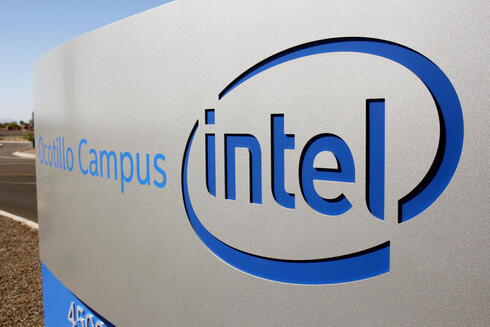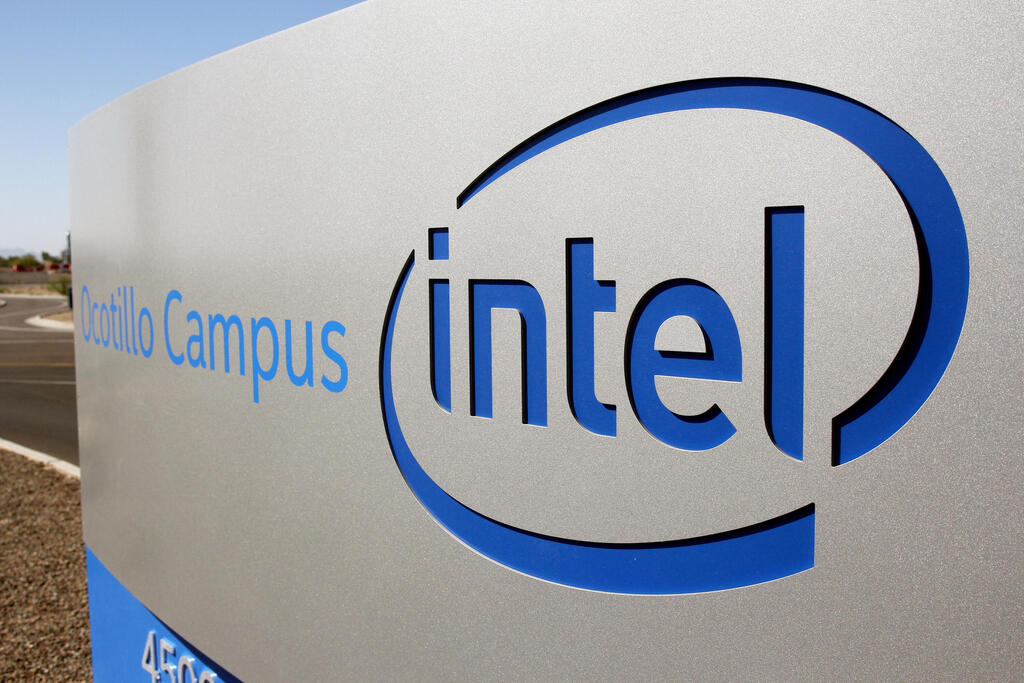
Intel to spin off RealSense computer vision division as an independent company
The spinoff will be headed by Israeli Nadav Orbach, with plans to expand AI-powered technologies to include new innovations in stereo vision, robotics, and biometrics AI software and hardware.
Intel is spinning off its computer vision division, RealSense, into an independent company. A significant part of this division is based in Israel, employing around 100 people locally. Although Intel had announced plans in 2021 to shut down the operation, the company ultimately chose to continue its activities discreetly. Now, according to a report by Robot Report, Intel has confirmed that it will separate the division in 2025. This move mirrors the earlier spinoff of Mobileye, which went public as an independent company.
The newly spun-off company will be led by Nadav Orbach, an Israeli executive at Intel.
Intel clarified that this decision is not related to the broader challenges the company is currently facing. Instead, the move reflects a strategic assessment of the unique needs of the RealSense business. In a statement to Robot Report, Intel said: “After ten years of incubation, Intel is unleashing the potential of the Intel RealSense computer vision-AI portfolio in a standalone ICAP portfolio company by the first half of 2025. We are committed to ensuring a smooth transition for our customers and will continue to provide support throughout the process.”
Intel also stated: “The new company will continue to develop AI-powered computer vision solutions and deliver the current Intel RealSense portfolio, along with our committed roadmap, including RealSense depth cameras, facial authentication solutions, autonomous mobile robotic solutions, and physical therapy metrics. RealSense plans to expand its roadmap to include new innovations in stereo vision, robotics, and biometrics AI software and hardware.”
RealSense originally focused on developing high-tech cameras and sensors for robotics, digital signage, and 3D scanning.
In 2021, Intel announced plans to shut down the RealSense business, stating that it was transitioning its “computer vision talent, technology, and products to focus on advancing innovative technologies that better support our core businesses and IDM 2.0 strategy.” This announcement came two weeks after Sagi Ben Moshe, the Israeli head of the division, revealed he was leaving the company.
The RealSense spinoff comes during a challenging period for Intel, culminating in the abrupt departure of CEO Pat Gelsinger in December, three years into his tenure. Gelsinger had returned to Intel in 2021 with ambitious plans to revitalize the company, including a $20 billion investment in cutting-edge manufacturing facilities and bold predictions about Intel’s AI capabilities. However, many of these promises went unfulfilled.
Under Gelsinger’s leadership, Intel struggled to execute its turnaround strategy. Plans to build factories in Poland, Germany, and Malaysia were postponed, and Intel announced sweeping cost-cutting measures last year, including 15,000 layoffs and a 67% reduction in its real estate footprint.














